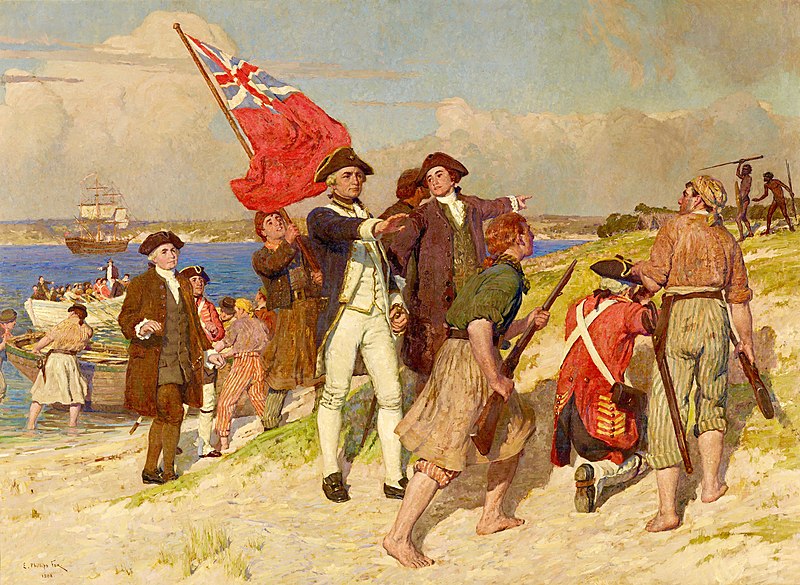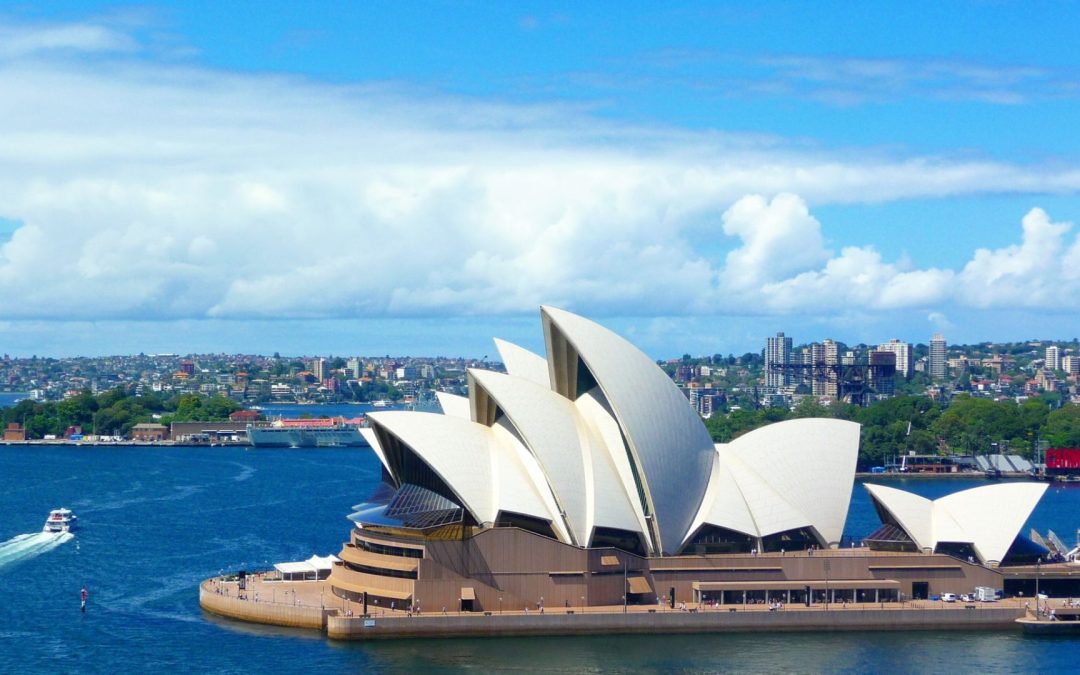OUR BLOG
COMMONWEALTH OF AUSTRALIA
BILATERAL RELATIONSHIPS

Bilateral relations between the Republic of Serbia and the Commonwealth of Australia were officially established on April 25, 1996, although the Kingdom of Serbia had a Consulate in Melbourne as early as 1892. Today, the political relations and cooperation between the two countries have the potential for improvement in various areas for which there is mutual interest.
January 26 is celebrated as Australia Day. This public holiday marks the establishment of the first European settlement in 1788, on the territory of today’s Sydney. Australians believe that on this day, they should celebrate everything that makes them honorable to be Australian. Cultural and sports events, fireworks, concerts, parades are organized, and significant awards are also presented.

Although the first humans inhabited Australia 50,000 years ago, the first European to set foot on Australian soil in 1606 was Dutch navigator James Cook in 1770. He landed on the east coast, declaring it a British possession and naming it New South Wales.

Landing of Lieutenant James Cook at Botany Bay, 29 April 1770
In the 19th century, five large autonomous British overseas territories were formed. On January 1, 1901, a federation called the Commonwealth of Australia was constituted. The Federation introduced a stable liberal-democratic political system, remaining a member of the Crown Countries of the Commonwealth.
Australia is a constitutional monarchy with a parliamentary system of government. King Charles III is Australia’s monarch, and his role is different from that of other Commonwealth crown nations. At the federal level, the king is represented by the Governor-General of Australia, while lower-ranking governors are at the head of member states.
The symbol of Australia is the kangaroo. Its capital is Canberra, the official language is English, known as Australian English, and the currency is the Australian dollar. The Sydney Opera House, built in 1973, is one of Australia’s most recognizable landmarks.
. 
ECONOMY
Australia has a highly developed, strong and stable economy, with high GDP per capita and relatively low poverty rate. It is one of the countries with the highest average wealth in the world.
The service sector is the largest part of the Australian economy and accounts for approximately 60% of the gross domestic product. The country is a global leader in five sectors: agribusiness, education, tourism, mining and finance. Minerals and agricultural products are the country’s main export assets.
School education is compulsory from 6 to 15 years, which resulted in less than 1% illiteracy rate. The Australian government supported the establishment of 38 universities. With 49% of the university-educated population, this country ranks first among the member countries of the Organization for Economic Cooperation and Development.

University in Sydney
NATURAL BEAUTY
Australia is both a country and a continent with an area of 7,692,024 km ². It is the largest country in Oceania and the sixth largest in the world. In addition to the mainland, it also includes the island of Tasmania, and numerous other smaller islands in the Southern, Indian and Pacific Oceans. The capital is Canberra, although with a population 11 times smaller than the largest Australian city, Sydney.
It is a beautiful country of diverse natural habitats and contradictions. Although its largest part is covered by deserts and semi-deserts, as well as dry endless plains, Australia is also a country of mountain massifs, tropical rain forests and subtropical jungles, swamps, coral reefs, lagoons and paradise beaches.

CULTURE, CUISINE AND SPORTS
From 1788 until the middle of the 20th century, the Anglo-Celtic cultural tradition was the basis of Australian culture, which was developing under the influence of the specific environment and indigenous cultures.

The long history of fine arts was started by the Australian aborigines, drawing on cave walls or on skin. Since the arrival of Europeans at the end of the 18th century, the most common motif of Australian painting is the Australian painting is the Australian landscape, and the music of the Australian Aborigines, their dance and painting, visibly influence contemporary fine and performing arts.Australian cuisine is a mixture of Mediterranean, Asian, South American and traditional aboriginal cuisine. Typical Australian dishes include: damper – traditional bread without yeast, vegemite – yeast spread, meat pies and lamingtons – biscuit cubes covered in chocolate and rolled in coconut flour.

Australian rules football is the most popular sport in Australia, followed by rugby. At the international competitions, Australia has strong teams in cricket, hockey, netball, rugby. Their teams also achieve good results in cycling, rowing and swimming.
FLORA I FAUNA
Australia is one of the most biodiverse countries on the planet because of its long-term geographical isolation. It is rich in various and unique plant and animal species extinct on the other continents. Therefore, about 85% of plants, 84% of mammals, more than 45% of birds and 89% of fish belong to endemic species. It is interesting that Australia is also the “most poisonous” continent in the world. It is home to a large number of poisonous snakes and spiders, but human activity is increasingly threatening many Australian eco-regions and the species which inhabit them.









 2018
2018